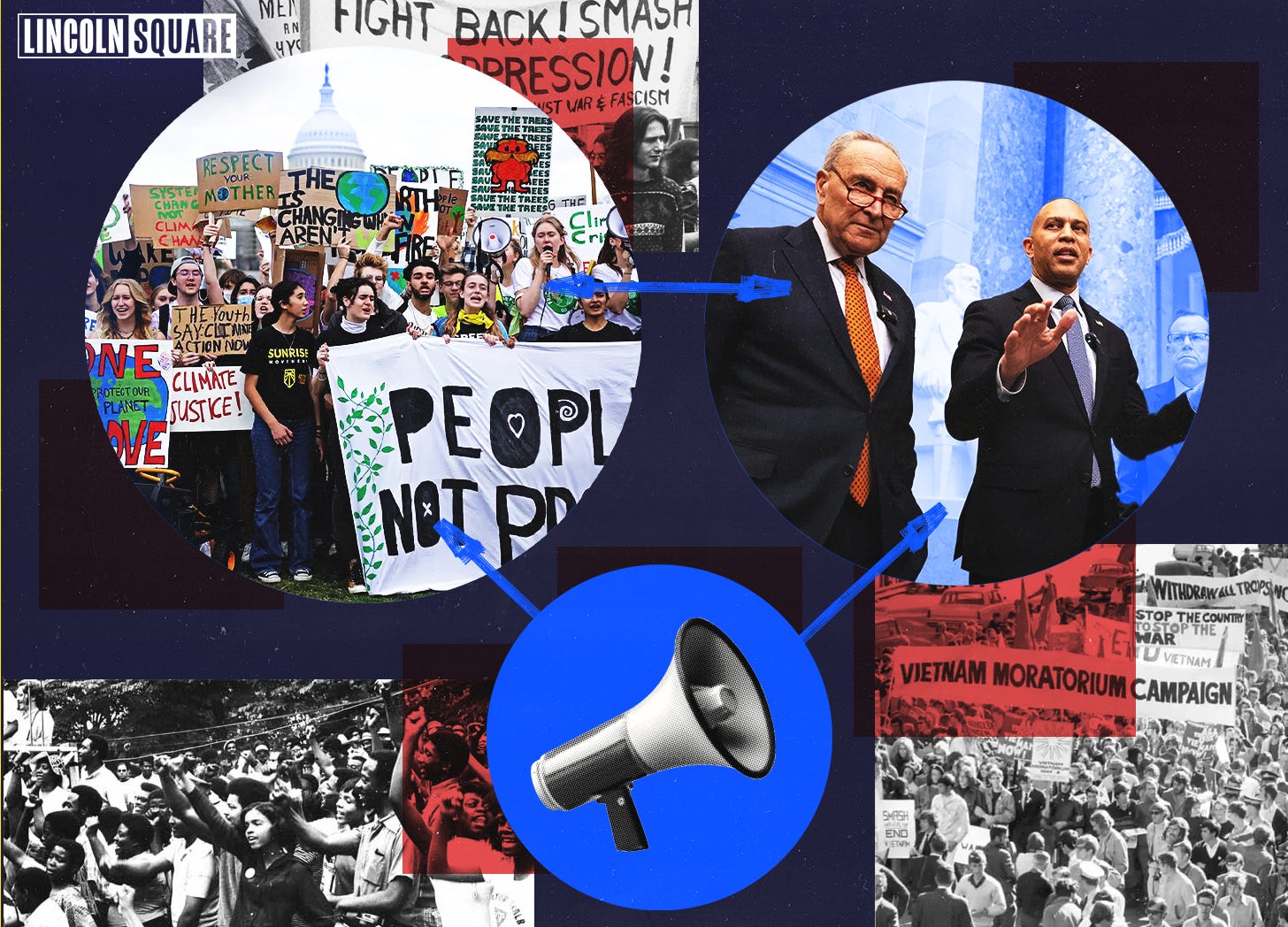Maybe We’ve Got It All Wrong about Gen Z
They don't want to return to a time they never knew.
If you’re over thirty, imagine growing up knowing only a United States defined by relentless polarization, economic upheaval, a global pandemic that physically and emotionally separated you from your peers, and a social media ecosystem that connects and divides in equal measure. This is the reality for Gen Z, the cohort of Americans…



